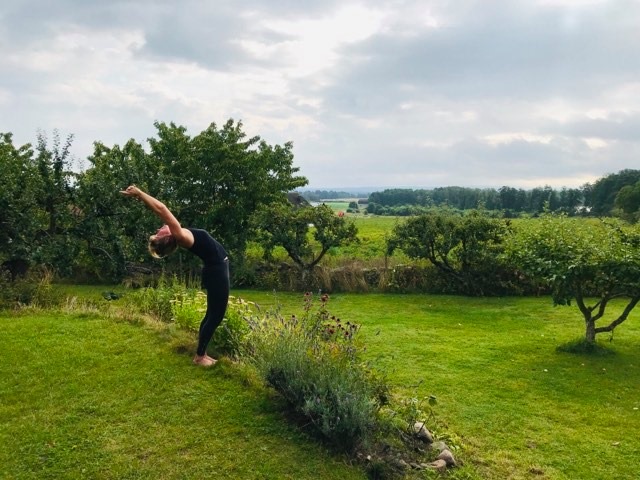Building strong relationships is essential for mental health, and understanding how to cultivate these connections can profoundly impact overall well-being. At the core of healthy relationships is effective communication. Open, honest dialogue allows individuals to express their needs, concerns, and feelings, creating an environment where both partners feel valued and understood. Active listening plays a crucial role here; it involves not just hearing the words spoken but also understanding the underlying emotions and intentions. This practice fosters empathy and helps to resolve conflicts more constructively. Equally important is the practice of mutual respect. Respecting each other’s boundaries, opinions, and individuality creates a foundation of trust and appreciation. This respect is essential in maintaining a balanced relationship where both partners feel supported and accepted. In healthy relationships, each person should feel comfortable being themselves without fear of judgment or criticism.
 Building stronger connections also involves cultivating emotional intelligence. This means being aware of one’s own emotions and understanding how they affect interactions with others. By developing emotional awareness, individuals can navigate relationship dynamics more effectively, manage their reactions, and empathize with their partner’s experiences. This self-awareness helps in identifying and addressing issues before they escalate, leading to more harmonious and resilient relationships. Trust is another critical element. It is built over time through consistent behavior, reliability, and transparency. Trust forms the bedrock of a secure relationship, allowing individuals to feel safe and supported. When trust is established, partners are more likely to be open and honest, knowing that their vulnerabilities will be handled with care. This security encourages deeper emotional connections and fosters a sense of belonging. Furthermore, spending quality time together strengthens bonds. Shared experiences and activities contribute to creating meaningful memories and reinforcing the connection between partners.
Building stronger connections also involves cultivating emotional intelligence. This means being aware of one’s own emotions and understanding how they affect interactions with others. By developing emotional awareness, individuals can navigate relationship dynamics more effectively, manage their reactions, and empathize with their partner’s experiences. This self-awareness helps in identifying and addressing issues before they escalate, leading to more harmonious and resilient relationships. Trust is another critical element. It is built over time through consistent behavior, reliability, and transparency. Trust forms the bedrock of a secure relationship, allowing individuals to feel safe and supported. When trust is established, partners are more likely to be open and honest, knowing that their vulnerabilities will be handled with care. This security encourages deeper emotional connections and fosters a sense of belonging. Furthermore, spending quality time together strengthens bonds. Shared experiences and activities contribute to creating meaningful memories and reinforcing the connection between partners.
Whether through engaging in hobbies, exploring new interests, or simply enjoying each other’s company, these moments of togetherness enhance the relationship and provide a sense of companionship and joy. It is also vital to address and work through conflicts constructively. Disagreements are natural in any relationship, but how they are managed can significantly impact the relationship’s health and check here allgoodhealth.net. Approaching conflicts with a problem-solving mindset rather than a combative one helps in finding solutions and understanding different perspectives. This approach not only resolves issues but also strengthens the relationship by demonstrating commitment to overcoming challenges together. In essence, building stronger connections is a multifaceted process that involves effective communication, mutual respect, emotional intelligence, trust, quality time, and constructive conflict resolution. These elements work together to create a supportive and fulfilling relationship that enhances mental well-being and provides a strong foundation for personal growth and happiness. Investing in these aspects of relationships fosters deeper connections and contributes to a more balanced and satisfying life.





